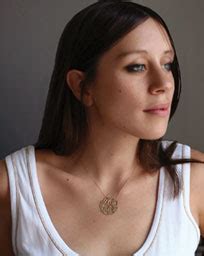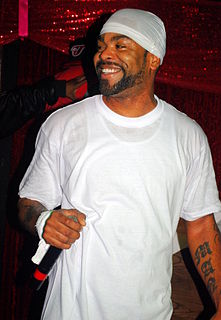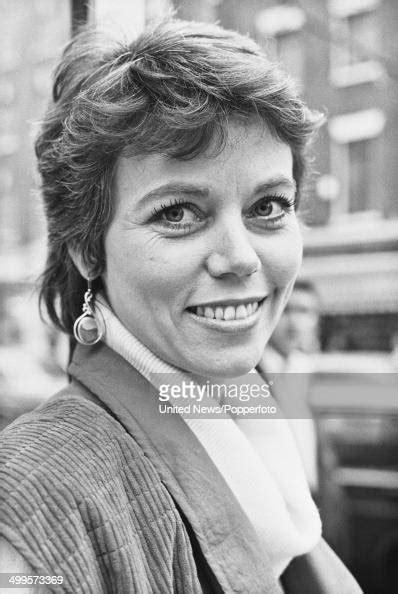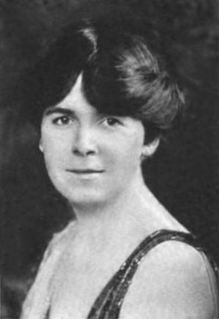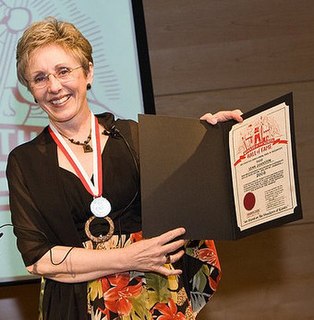A Quote by Anna Godbersen
Even when a girl is married she still never completely leaves her mother and father's home.
Related Quotes
Her [Eleanor Roosevelt] father was the love of her life. Her father always made her feel wanted, made her feel loved, where her mother made her feel, you know, unloved, judged harshly, never up to par. And she was her father's favorite, and her mother's unfavorite. So her father was the man that she went to for comfort in her imaginings.
Victory in defeat, there is none higher. She didn't give up, Ben; she's still trying to lift that stone after it has crushed her. She's a father working while cancer eats away his insides, to bring home one more pay check. She's a twelve-year-old trying to mother her brothers and sisters because mama had to go to Heaven. She's a switchboard operator sticking to her post while smoke chokes her and fire cuts off her escape. She's all the unsung heroes who couldn't make it but never quit.
I mean, her father was an alcoholic, and her mother was the suffering wife of a man who she could never predict what he would do, where he would be, who he would be. And it's sort of interesting because Eleanor Roosevelt never writes about her mother's agony. She only writes about her father's agony. But her whole life is dedicated to making it better for people in the kind of need and pain and anguish that her mother was in.
My house is full of paintings by my mother Pam. She was a fantastic, prolific artist but had no confidence in herself, thanks to my father running her down. They married during the war when she was 19 - she had planned to go to art school. But my father didn't want her to work, so she became a housewife.
One day in 1965 Rajiv wrote me from London, where he was studying, and informed me, 'You're always asking me about girls, whether I have a special girl, and so forth. Well, I've met a special girl.' And when Rajiv returned to India, I asked him, 'Do you still think about her in the same way?' And he said yes. But she couldn't get married until she was twenty-one, and until she was sure she'd like to live in India. Sonia is almost completely an Indian by now, even though she doesn't always wear saris.
Hats change everything. September knew this with all her being, deep in the place where she knew her own name, and that her mother would still love her even though she hadn’t waved goodbye. For one day her father had put on a hat with golden things on it and suddenly he hadn’t been her father anymore, he had been a soldier, and he had left. Hats have power. Hats can change you into someone else.
I miss my father. I miss my grandfather. I miss my home. And I miss my mother. But the thing is, for almost three years, I managed not to miss any of them. And then I spent that one day with that one girl. One day ... It was like she gave me her whole self, and somehow as a result, I gave her more of myself than I even realized there was to give. But then she was gone. And only after I'd been filled up by her, by that day, did I understand how empty I really was.
The woman who fights against her father still has the possibility of leading an instinctive, feminine existence, because she rejects only what is alien to her. But when she fights against the mother she may, at the risk of injury to her instincts, attain to greater consciousness, because in repudiating the mother she repudiates all that is obscure, instinctive, ambiguous, and unconscious in her own nature.
A little girl came home from school with a drawing she'd made in class.She danced into the kitchen ,where her mother was preparing dinner. "Mom,guess what ?" she squealed waving the drawing . her mother never looked up. "what"? she said ,tending to the pots. "guess what?" the child repeated ,waving the drawings. "what?" the mother said , tending to the plates. "Mom, you're not listening" "sweetie,yes I am" "Mom" the child said "you're not listening with your EYES
